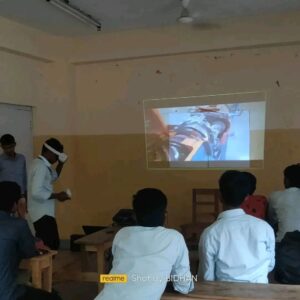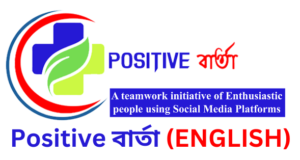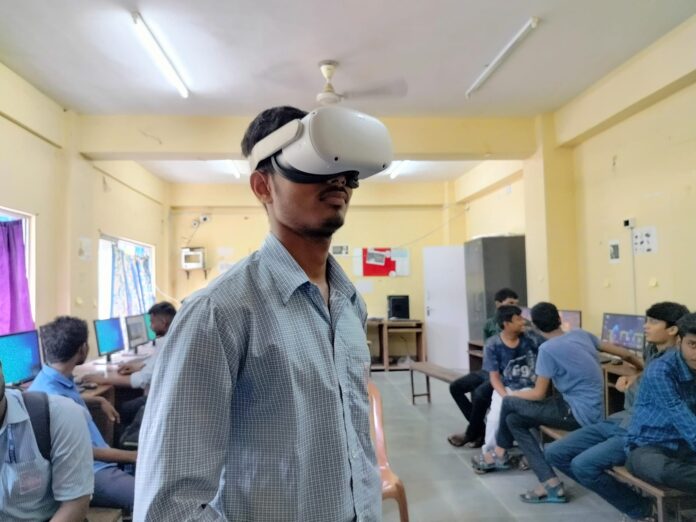Metaverse: Information technology (IT) has the potential to revolutionize education. By providing students with access to a vast array of resources and tools, IT can help them learn more effectively and efficiently. It can also help teachers to personalize instruction and provide students with feedback that is tailored to their individual needs.
In recent years, there has been a growing trend towards using IT in education. This trend is being driven by a number of factors, including the increasing availability of affordable technology, the rising demand for digital skills, and the growing recognition of the potential benefits of IT for learning.

There are many ways in which IT can be used to improve the quality of education. Here are a few examples:
- Online classes and smart classes: Online classes and smart classes can provide students with access to high-quality instruction from anywhere in the world. They can also allow students to learn at their own pace and in their own time.
- Metaverse: The metaverse is a virtual world that can be used to create immersive learning experiences. For example, students could use the metaverse to visit historical sites, conduct experiments, or collaborate with other students from around the world.
- Educational software: There is a wide range of educational software available that can be used to teach students a variety of subjects. This software can be used to provide students with practice problems, interactive simulations, and other engaging learning activities.
- Digital resources: IT can be used to provide students with access to a vast array of digital resources, such as online textbooks, articles, videos, and images. These resources can help students to learn more about the topics they are studying and to develop their research skills.
The Digital Transformation of Education
In an era dominated by technology, education has undergone a remarkable transformation. Traditional methods of teaching are being complemented, and in some cases, replaced by innovative approaches that leverage information technology. This transformation extends beyond the boundaries of the physical classroom, making learning accessible to a wider audience and enhancing the overall quality of education.
- Online Classes: Online education has become increasingly prevalent, allowing students to access high-quality instruction from anywhere in the world. Online classes offer flexibility, enabling learners to balance their studies with other commitments. Moreover, it encourages self-discipline and time management skills, essential for lifelong learning.
- Smart Classes: Smart classrooms leverage multimedia resources, interactive tools, and digital content to engage students actively. These technologically advanced classrooms enhance the learning experience by making lessons more engaging and interactive, thereby improving comprehension and retention.
The Rise of the Metaverse
One of the most exciting developments in the quest to improve education quality is the Metaverse. The Metaverse is a virtual, shared digital universe that merges elements of augmented reality (AR) and virtual reality (VR). It offers a rich, immersive environment that has the potential to revolutionize education in numerous ways.
- Immersive Learning: In the Metaverse, learners can engage with educational content in ways that were previously unimaginable. For instance, history lessons can transport students to ancient civilizations, science classes can involve hands-on experiments in virtual labs, and literature discussions can take place in historically accurate settings.
- Collaborative Education: The Metaverse facilitates collaboration among students, teachers, and experts from around the world. Learners can work on projects, simulations, or research together in a shared virtual space, transcending geographical boundaries.
- Personalized Learning: Advanced AI algorithms in the Metaverse can adapt content and teaching methods to suit individual learning styles and pace. This personalization ensures that each student receives the support they need to excel.
The Impact on Education Quality
The integration of technology and the Metaverse into education has several significant impacts on improving overall quality:
- Enhanced Engagement: Technology and the Metaverse make learning more engaging and enjoyable, thereby increasing students’ motivation to learn.
- Accessibility: These tools bridge geographical and socioeconomic gaps, making education accessible to a broader and more diverse student population.
- Real-world Skills: By using technology in their studies, students develop digital literacy, problem-solving, and critical thinking skills that are essential for success in the modern workforce.
- Self-Reliance: The flexibility of online and Metaverse-based education encourages students to become self-reliant learners, capable of managing their own educational journeys.







